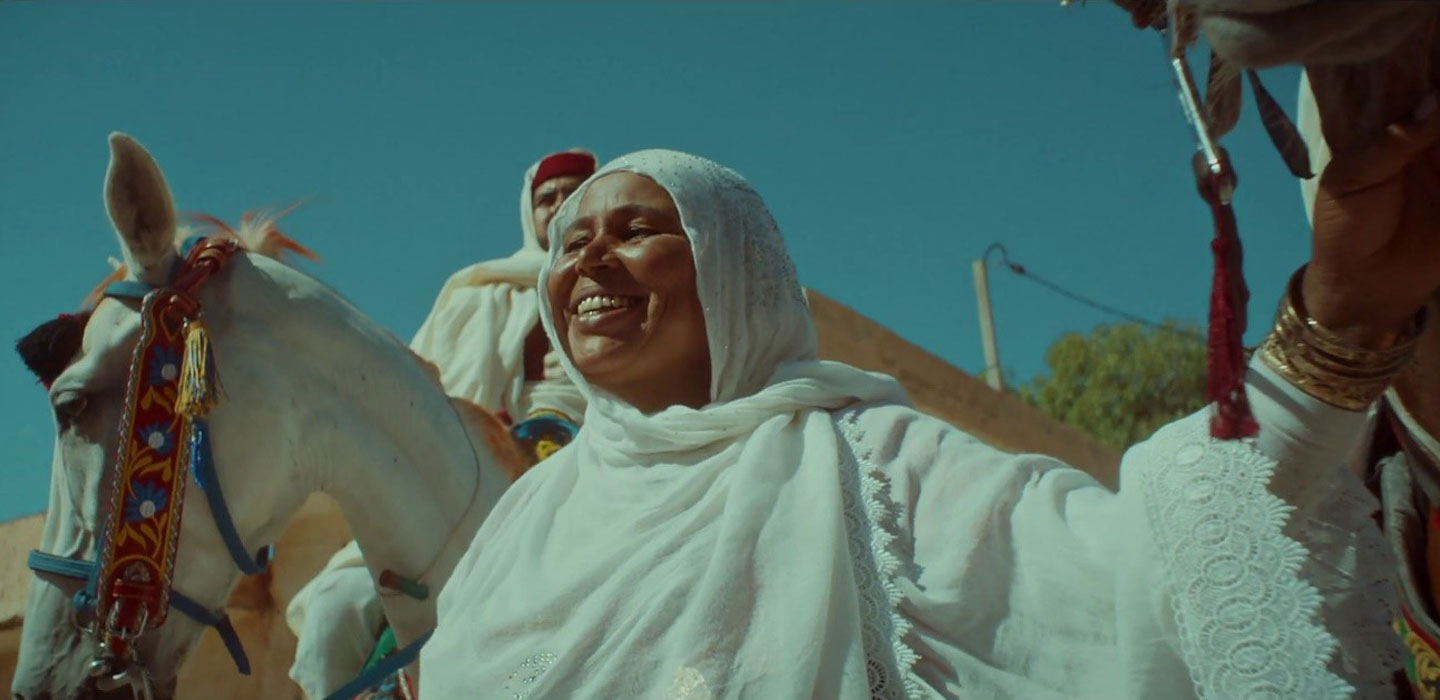A New Day: Q&A with the people IFAD supports
IFAD Asset Request Portlet
Asset Publisher
A New Day: Q&A with the people IFAD supports
Estimated reading time: 4 minutes
Summers in Tunisia are gruelling. Like much of the region, the North African country is up against increasing temperatures and aridity, reduced rainfall and rising sea levels. A vicious cocktail of extreme weather conditions.
Nowhere are the impacts of climate change more obvious than across the country’s rural expanse. From the southern town of Médenine to Siliana in the north – residents say they only see rain once a year. Not nearly enough for crops to grow or for small-scale farmers to make ends meet.
IFAD's new film, ‘A New Day’, tells the story of Tunisia’s rural people and is a testament to their resilience as they battle to adapt to our changing weather. The film’s soundtrack – Nina Simone’s song ‘Feeling Good’ – is a reminder that the world must persist in the face of adversity.
Two such people are PRODEFIL project participants, Sassia Kharchoufi (SK) and Youssef Selmi (YS). We spoke to them from Beni Khaddeche, a town in southeast Tunisia, about their daily struggles, as well as their hopes and dreams for the future.
Q: What does your day-to-day look like?
SK: My day-to-day has changed quite a bit from a few years ago. I used to earn just DT 310 (US$ 100) a month by selling ewes. These days, I'm very busy running my weaving business. I supervise the four looms and the sewing machine I got thanks to PRODEFIL and spend a good deal of time training four young women to weave carpets, scarves and other items. I hope that they too can one day become financially independent, like me. I continue to travel to fairs to showcase my products, it brings me a lot of joy. But most of all, I get joy from spending time with my husband and four children.
YS: My day starts quite early at 5 am. As times, it can be tough, but I am motivated to provide for my wife and five children so they can live a happy life and have what they need. First, I feed my sheep and goats, then I head out in search of day labour to supplement my income. This usually means working on larger farms and doing manual tasks, like hauling hay and construction work. When I get back from work, I go back to tending to the cattle. My day doesn’t usually end before 5 pm. At this point, I get great pleasure in spending time with my family.
 |
| PRODEFIL project participant, Youssef Selmi, in Tunisia |
Q: What are the biggest challenges you face in making a living?
SK: Despite my successes, I still face many challenges. Taking part in fairs is important to grow my business, but it is not always easy because transportation is not readily available in my area.
Also, I often feel the pressure of familial responsibility. It is never easy for a woman to balance work and family.
But the biggest challenge of all is our society’s mindset. Making people accept that rural women have a right to work has not been easy, but I won’t give up. My determination, coupled with the financial support I’ve received, are helping me on the road to success.
 |
| PRODEFIL project participant, Sassia Kharchoufi, in Tunisia. |
YS: I'm getting increasingly worried about the availability and price of feed for my livestock. I'm relying on it more and more these days because, as our climate gets hotter and drier due to climate change, my livestock are spending more time in pens instead of grazing. Not only does this mean I have to source feed, but my costs of keeping livestock are rising.
I am really starting to feel the financial fallout of the climate crisis, and I cannot shoulder these costs on my own. I worry that soon I will not be able to have livestock of my own, which means my family lose not only a source of income but also an important source of food. I'm doing what I can to avoid this situation, but I need support. Small-scale farmers on the frontline of climate change need the world's help.
Q: What are your hopes for the future?
SK: I'm proud to say that I’ve created jobs for 33 young women. I'll be very happy if I can help more girls learn new things and teach them to count on themselves. Going forward, I hope to begin exporting my products outside of Tunisia and build a thriving business that I can pass on to my daughter.
YS: Even though times are very tough right now, I still have hopes for a better future. One day, I would like to start a cattle fattening business so I can make more money and give my family a better life.
Like Sassia and Youssef, rural people all over the world are up against a multitude of challenges. IFAD knows that every small-scale farmer plays an important role in our collective fight for a healthier planet – this is why we continue to invest in them, and why the rest of the world should too.
Publication date: 12 June 2023